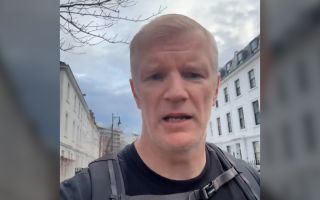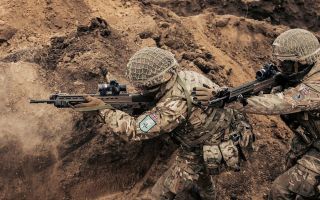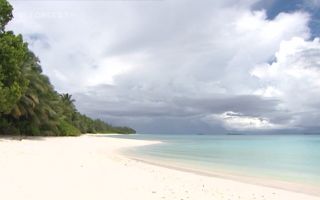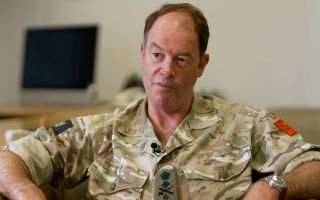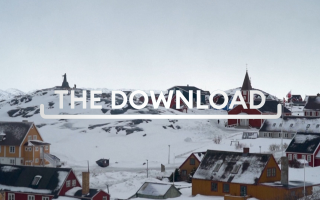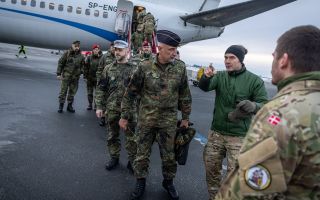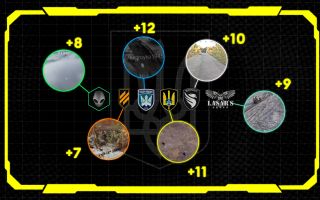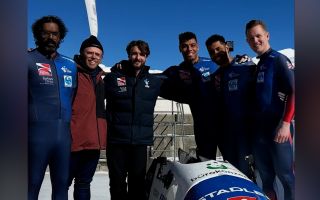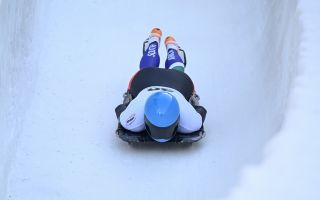'It was a great relief': When the Duke of Edinburgh watched Japan's 1945 surrender
On 2 September 1945, the late Duke of Edinburgh, who served in the Royal Navy during the Second World War, was witness to one of the 20th century's most historic moments.
In an interview with BFBS in 1995, Prince Philip recalled how he found himself in Tokyo Bay as Japan formally surrendered to the Allies during the conflict, after travelling from Guam following the bombing of Hiroshima on 6 August.
But, the Duke was never meant to be in Japan on that day.
The naval officer had been escorting the Commander-in-Chief, Sir Bruce Fraser, on a visit to Admiral Nimitz, Commander in Chief, South Pacific area, to make him a Knight of Bath.
The Duke was posted to HMS Whelp at the time, then a brand-new destroyer.
During the 1995 interview, Prince Philip spoke with BFBS journalist Richard Astbury about that time, saying: "While we were there, the first of the atomic bombs was dropped.
"Almost immediately, we sailed from Guam to rejoin the big American fleet off Japan, of which the British Pacific fleet formed one task group out of six.
"We hung about there until the second bomb was dropped, and then it was announced that the Japanese decided to cease hostilities – they didn't actually surrender [on 14 August].
"A small party was formed of the Fleet Commander – it was Admiral Halsey – and Sir Bruce Fraser, the Duke of York… there was this little party of six destroyers and two battleships, [that] went off to Japan."
When they arrived, they anchored the destroyer HMS Whelp in Sagami Bay.
The vessel was escorting the USS Missouri when the Japanese surrender took place.
"We waited there for 24 hours, and then this party went into Tokyo Bay," the prince remembered.
Japan surrendered on 15 August 1945, a date that has become known as Victory over Japan Day.
The surrender, however, was formally signed on 2 September 1945 – the day the Second World War officially ended.
He said: "Being in Tokyo Bay with the surrender ceremony taking place in the battleship which was, what, 200 yards away.
"You could see what was going on with a pair of binoculars."
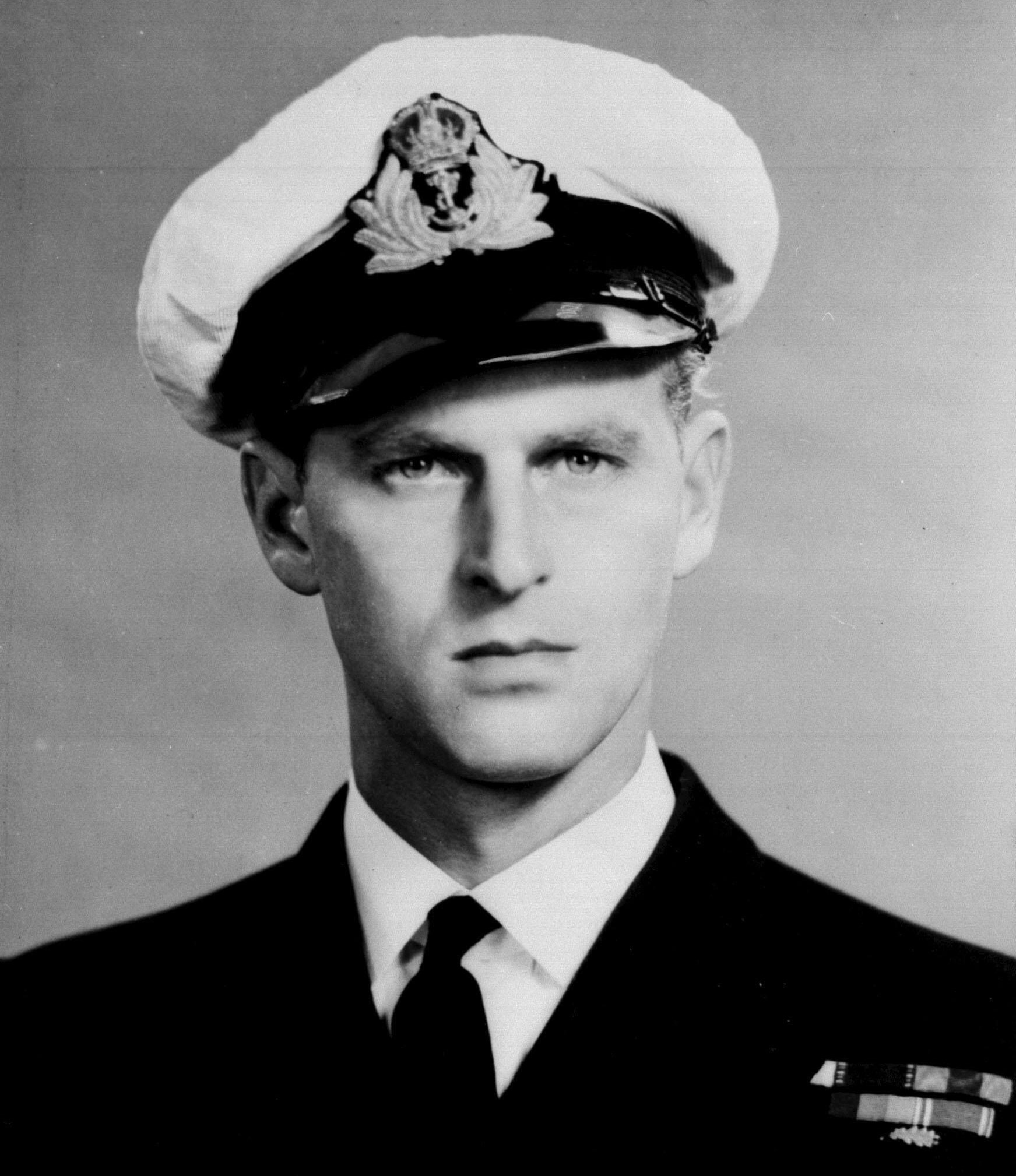
"The beat retreat was in the King George V, that was Admiral Rawley's, who was second-in-command," Prince Philip added.
"Everybody moved over there. I wasn't on board but you could hear it going on."
By that point, a lot of other ships had come in to the area.
One of the final jobs Philip carried out during the war while on HMS Whelp was to escort prisoners of war (PoWs) from Tokyo Bay.
He said: "That was very emotional. These people were naval people – they hadn't been in a naval atmosphere for three or four years, sometimes longer.
"Our ship's company recognised that they were also fellow sailors, so we gave them a cup of tea.
"They just sat there, both sides, our own and theirs, tears pouring down their cheeks.
"They really couldn't speak. It was the most extraordinary sensation. It affected everybody."
HMS Whelp spent several days escorting the PoWs.
Knowing the war was over, Prince Philip remembered: "It was a great relief.
"It was a wonderful feeling.
"From there, we went on to Hong Kong and the most extraordinary sensation when we sailed, we suddenly realised we didn't have to darken ship anymore, we didn't have to close all the scuttles, we didn't have to turn the lights out.
"We actually stopped in the South China Sea and piped hands to bathe… [you] couldn't imagine doing that in the Mediterranean, when the heat was on, you couldn't do anything like that.
"Suddenly, all these little things built up to suddenly feeling that life was different."

